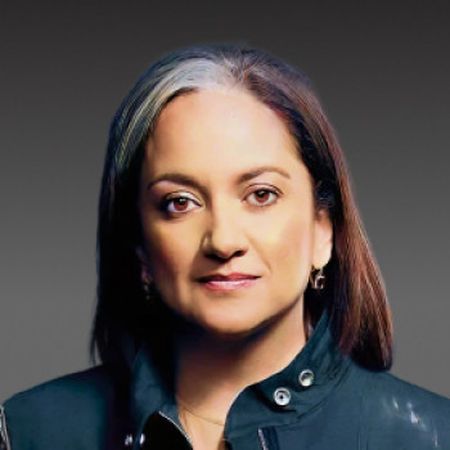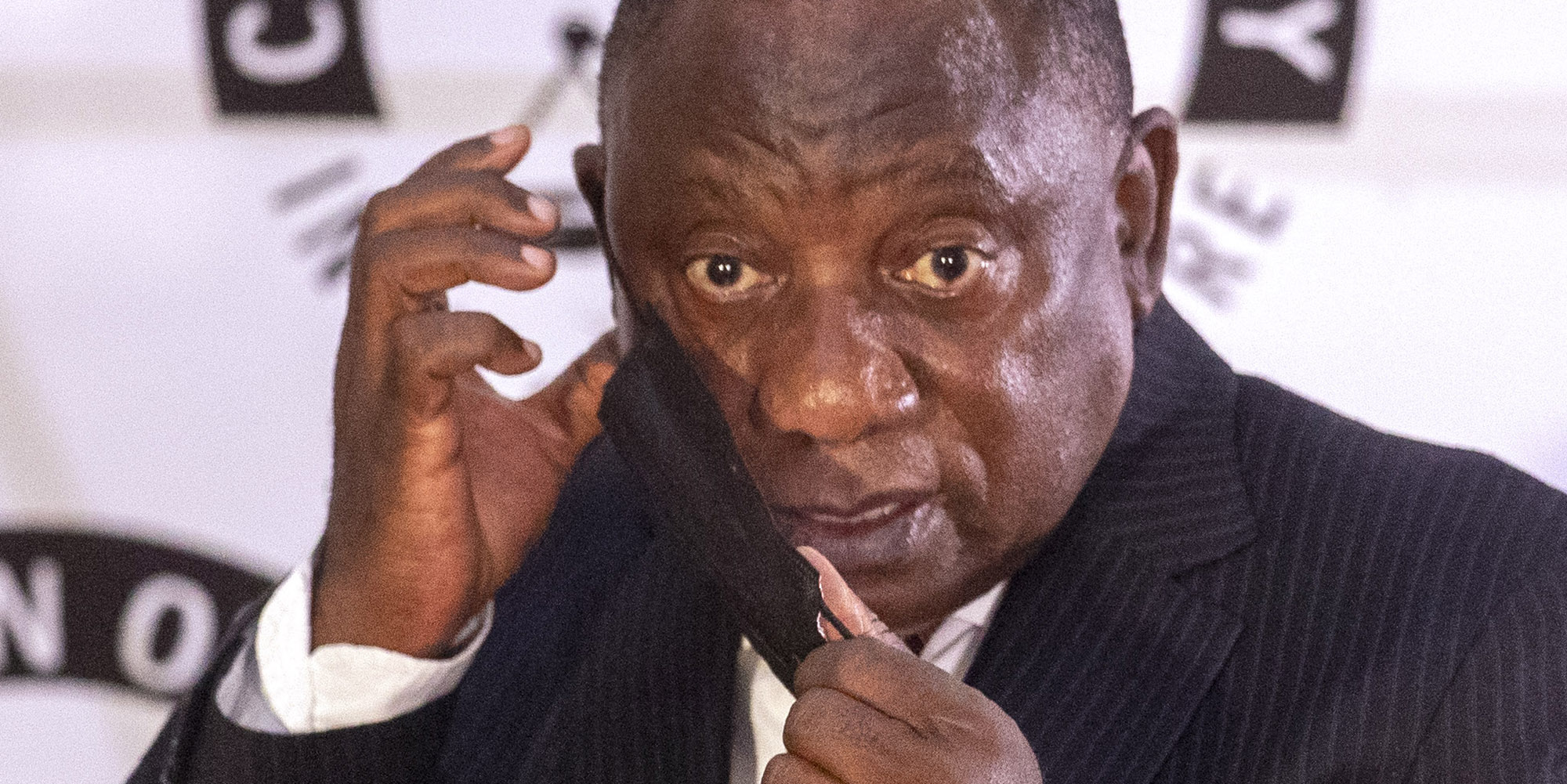President Cyril Ramaphosa acknowledged to the people of South Africa that state capture took place under the ANC and that the party did not always live up to the values and principles of the governing party.
In his opening statement before the Zondo Commission of Inquiry into state capture, starting four days of testimony, Ramaphosa said that leaders and members of the ANC had been part of state capture.
“State capture took place under our watch,” he told Judge Zondo without going into any detail in a statement that ran at just under an hour. But he defined culpability to a small circle, saying that “the vast majority of ANC leaders, members and cadres are vehemently opposed to corruption in all its manifestations.”
Ramaphosa appeared before the Commission voluntarily unlike his predecessor former president Jacob Zuma, who has ignored a series of summons to give testimony in the 40 different areas of interest he has been implicated in during the almost three years of sitting of the Commission.
State capture is broadly defined as the period beginning from around 2011 to the end of 2017 when an estimated R1.2-trillion in public finances and public opportunities was extracted from South Africa by two key patronage networks. The Commission must determine if it existed, how it functioned and how this form of grand corruption can be prevented in future.
“I was talking to a fellow head of state and I said I would be appearing before the Commission and he said ‘Argh! How can you do that?’ and I said ‘this is how our democracy works,’” said Ramaphosa in his opening words. He compared the Zondo Commission to the Truth and Reconciliation Commission which started hearings 25 years ago.
“I appear before the Commission not to make excuses or defend the indefensible,” said Ramaphosa as he testified to the long tail of corruption in South Africa. “Corruption is not a new phenomenon in South Africa – the apartheid system was morally and systematically corrupt,” he said. He said that the ANC had first been explicitly told about the Gupta family’s growing influence in government when Transport Minister Fikile Mbalula (then sports minister) revealed in a party executive committee meeting that he had been told of his portfolio by a Gupta brother.
“At the time, the statement did not prompt any specific concerns. More reports began to surface (about the) capture of state enterprises and the undue influence of the Gupta family in executive positions and appointments. The issue of state capture became increasingly a subject of discussion. (But) corruption is covert activity. Without direct evidence and without investigative capability, it is difficult to confront,” said Ramaphosa.
Testimony continues. DM





 South African President Cyril Ramaphosa appears on behalf of the ruling party African National Congress (ANC) at the Zondo Commission of Inquiry in Johannesburg Johannesburg, South Africa, 28 April 2021. The Zondo Commission was set up by former President Jacob Zuma to investigate state capture and corruption in the country. (Photo: EPA-EFE/Themba Hadebe / POOL)
South African President Cyril Ramaphosa appears on behalf of the ruling party African National Congress (ANC) at the Zondo Commission of Inquiry in Johannesburg Johannesburg, South Africa, 28 April 2021. The Zondo Commission was set up by former President Jacob Zuma to investigate state capture and corruption in the country. (Photo: EPA-EFE/Themba Hadebe / POOL)